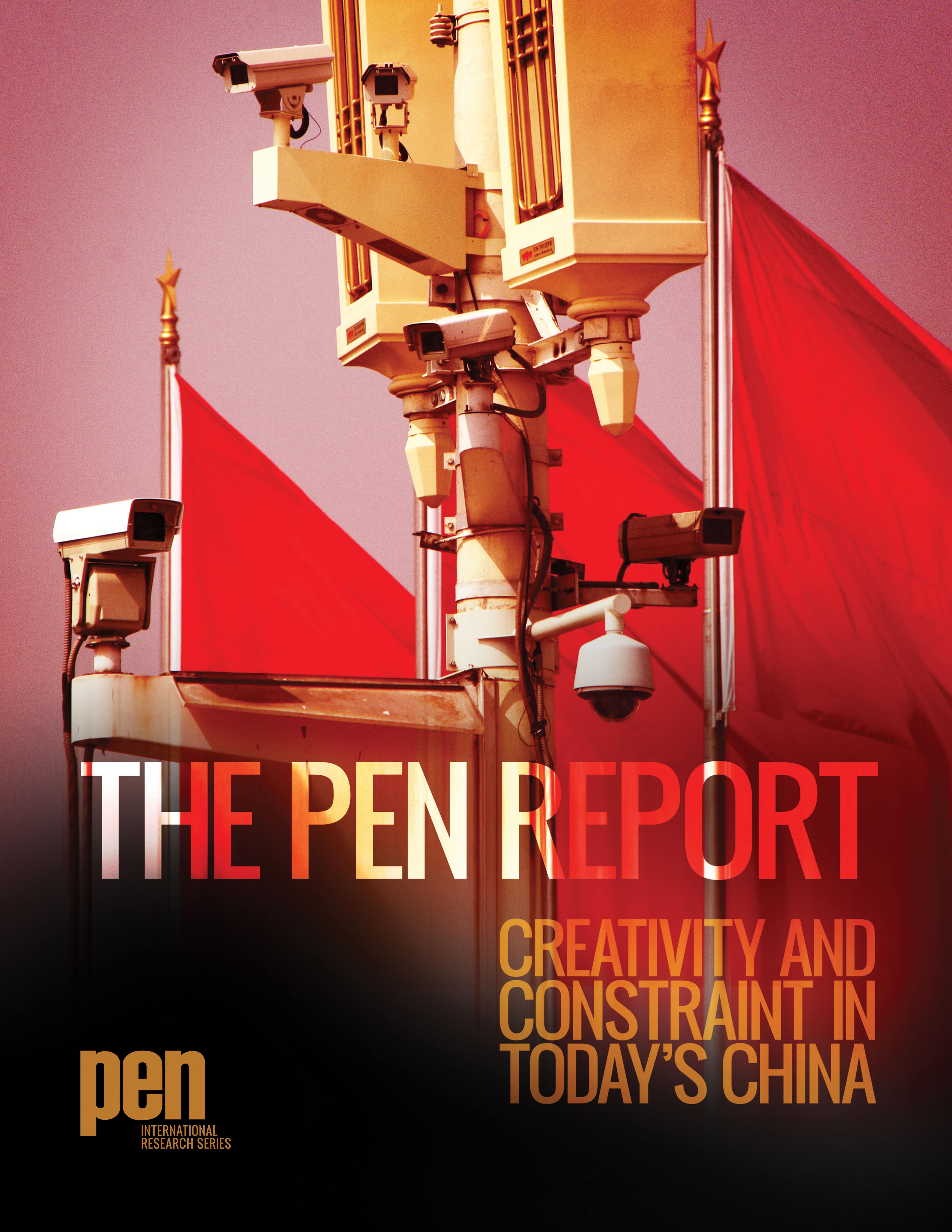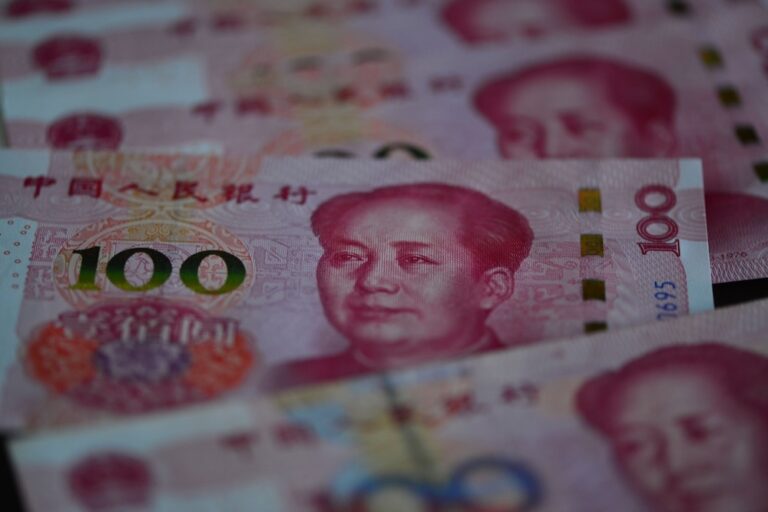A report on creative freedom in China was released in tandem with an Open Letter to authorities signed by more than 100 global literary and cultural figures.
On World Press Freedom Day, PEN International launched The PEN Report: Creativity and Constraint in Today’s China. The culmination of five years of collaborative research among PEN members inside and outside of China, the report is a frank assessment of the climate of freedom of expression in the world’s most populous state. It also provides first-hand accounts of life under the weight of Chinese censorship through personal essays by 10 of China’s leading dissident writers.
The report was released in tandem with an Open Letter to Chinese authorities in support of creative freedom in China signed by more than 100 global literary and cultural figures including Héctor Abad, Edward Albee, Anthony Appiah, Antón Arrufat, Margaret Atwood, Paul Auster, Margaret Atwood, Andrei Bitov, J.M. Coetzee, Don DeLillo, Kiran Desai, E.L. Doctorow, Victor Erofeev, Nuruddin Farah, Juan Gelman, Nadine Gordimer, Juan Goytisolo, Alberto Manguel, Ian McEwan, Michael Ondaatje, Salman Rushdie, John Ralston Saul, Elif Shafak, Sjón, Wole Soyinka, Colin Thubron, Colm Tóibín, Tomas Tranströmer, Luisa Valenzuela, Mario Vargas Llosa, Marina Warner, and A.B. Yehoshua.
The letter calls on China’s new leaders to respect and protect free expression. “We cannot listen to China’s great and emerging voices without hearing the silence of those whose voices are forcibly restrained,” the group writes. “Creativity is strength. Freeing China’s creative voices will enrich us all.”
PEN International President John Ralston Saul said that the PEN Report serves as a sobering record of the suffering endured by many who speak up or speak out in China, and as a snapshot of a moment when the dynamic is shifting towards citizen-driven public discourse and creativity in technology and the arts.
“There can be no honor in stripping writers of their rights simply for saying what they believe, and no pride in employing tens of thousands of Internet police to limit the communications of citizens,” said Ralston Saul. “China, with all its rich cultures, has everything to gain and nothing to lose through free speech.”
The release of the report is among the culminating events of the PEN World Voices Festival, an annual celebration of world literatures chaired by Salman Rushdie. “It is especially fitting to be launching this powerful PEN report at a World Voices Festival dedicated to the idea of Bravery,” Rushdie said. “The report describes not only the tremendous bravery of our colleague Liu Xiaobo, his wife Liu Xia, and scores of other writers and journalists in China, but also the daily acts of bravery of the millions of China’s citizens who are openly challenging China’s censors.”
The PEN Report: Creativity and Constraint in Today’s China documents in compelling detail the growing determination of China’s citizens to make themselves heard, especially through digital media – despite increasingly invasive and insidious techniques of Chinese monitoring and surveillance, coupled with harsh punishment for those who defy censorship rules. Alarmed by the digital media-fueled demonstrations in the Arab world, the Chinese government has built a human and electronic army to monitor and control expression. But China’s Internet-hungry and tech-savvy population is undeterred, finding limitless creative ways to thwart censors and leap the so-called Great Firewall.
Literature is a signature focus in Creativity and Constraint in Today’s China. In a year when novelist Mo Yan became the first Chinese citizen to win the Nobel Prize for Literature, and with China an increasingly assertive presence in the international cultural landscape, the report warns that creative freedom is still sharply curtailed inside China. It tracks the fate of over 100 writers who were jailed, assaulted, held in extrajudicial detention, or forced into exile during governmental crackdowns; the list includes more than 40 writers currently imprisoned for their writing, among them Liu Xiaobo.
“We must not forget those imprisoned writers who are not as famous as Liu Xiaobo, whose names also appear in this report,” Chinese writer in exile Yu Jie said. “While they are in prison and don’t know about the release of this report, they certainly know that many fellow writers around the world are concerned about them.”
“I’m reminded of Ernest Hemingway’s For Whom the Bell Tolls,” Yu continued. “The bell tolls for every one of us. If we forget our brothers and sisters who lose their freedom due to their words, we don’t deserve to enjoy freedom.”
“The report makes a number of fair and realistic recommendations to China’s new leaders,” said Ralston Saul. “We believe these changes can, and should, be made.”



